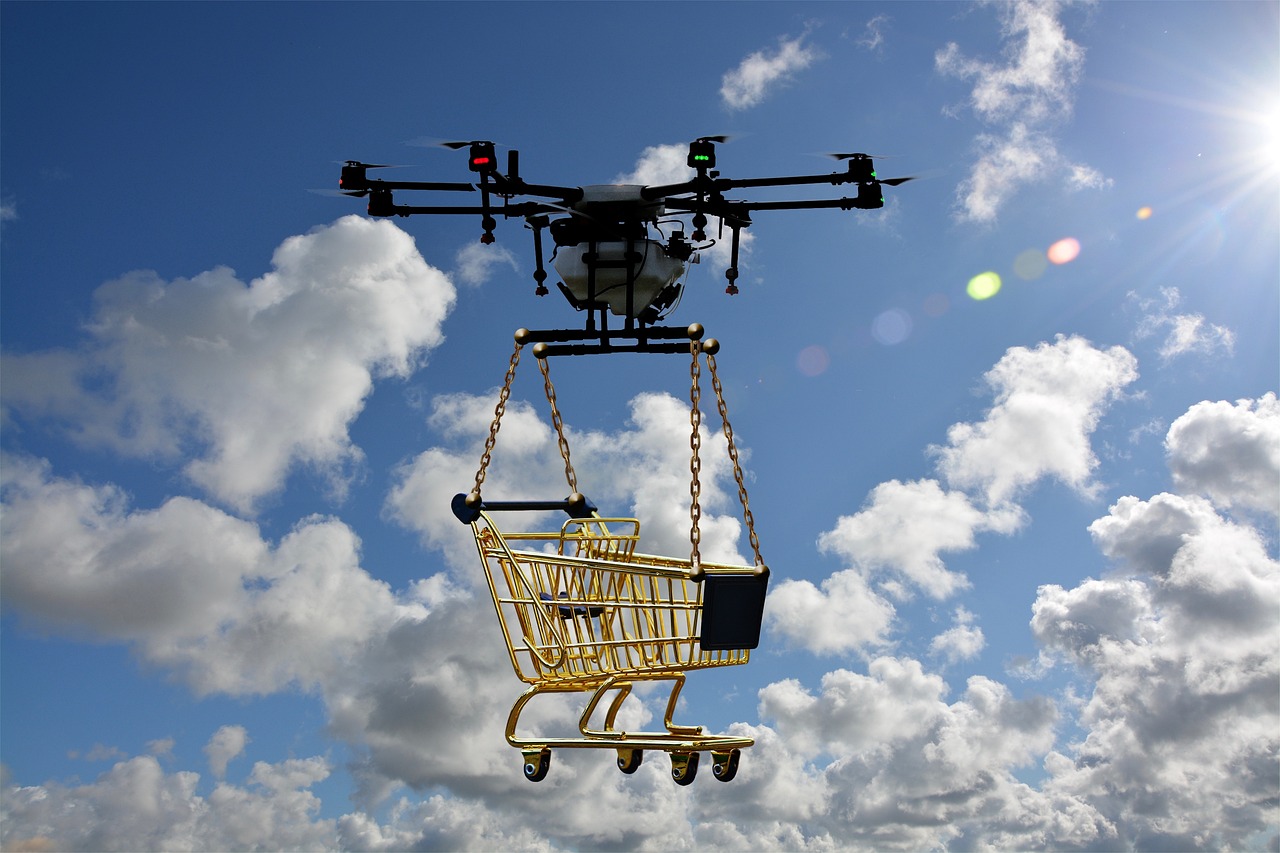Tech billionaire Elon Musk’s vision of future warfare dominated by artificial intelligence and drones is not merely speculative but a chilling reality unfolding before our eyes. Musk’s call to accelerate drone production in the US for global defense during his talk at the US Military Academy in 2024 is a harbinger of the direction our world is heading. His emphasis on the need to adapt to future wars rather than clinging to outdated strategies is a wake-up call to the complacent. The integration of AI into military systems is not a distant possibility but a pressing concern demanding immediate attention.

The conventional narrative touts the Pentagon’s Replicator initiative as a step towards modernizing defense, aiming to deploy thousands of autonomous weapons systems. However, beneath this veneer of progress lies a perilous path towards relinquishing human control over warfare. The acceleration of lethal autonomous weapons systems poses grave risks to civilian lives, as witnessed in conflicts like the Russia-Ukraine war. The Pentagon’s pursuit of “responsible AI” is overshadowed by the ethical and legal dilemmas arising from the lack of human oversight in critical decision-making processes.
As we delve deeper into the realm of AI-powered military systems, the veil of innovation unravels to reveal a dystopian landscape fraught with dangers. Projects like the Advanced Battlefield Management System and the Joint All-Domain Command-and-Control System may promise enhanced combat capabilities, but at what cost? The specter of unintended consequences, particularly in nuclear command and control systems, looms large, threatening catastrophic outcomes. Despite warnings and fears of a potential nuclear holocaust, the Pentagon persists in its march towards automated C2 systems, allocating substantial budgets to AI research in the military domain.
The recent utilization of autonomous drones by Ukraine in “Operation Spider’s Web” against Russia underscores a paradigm shift in warfare tactics towards AI-enabled surprise attacks. This maneuver, along with the preparedness efforts of nations like Sweden, Finland, and Germany, signals a global trend towards drone-centric defense strategies. The escalation of investments in both drones and counter-drone systems reflects a growing sense of urgency among nations anticipating future conflicts. The ominous prediction of a looming global war within the next decade, as indicated by the Atlantic Council survey, casts a shadow of inevitability over the fragile peace we currently cling to.
The implications of this trajectory are not confined to the realm of military strategy but seep into the very fabric of our society. The integration of AI into warfare blurs the lines between human agency and technological determinism, raising fundamental questions of accountability and control. The shift towards autonomous weapons systems threatens to disrupt the delicate balance of power on a global scale, with civilians bearing the brunt of the potential devastation wrought by unchecked AI-driven conflicts.
In prosecuting the architects of this dark future, we must confront the stark reality of their Intent, Means, and Opportunity. The intent to wield AI as a tool of domination, the means to strip humanity of its agency in matters of life and death, and the opportunity to reshape the world order in their image paint a grim portrait of the forces at play. The convergence of technological prowess, military might, and geopolitical ambitions under the guise of progress conceals a sinister agenda aimed at consolidating control through the manipulation of AI-driven warfare.
As we stand at the precipice of a future shaped by AI and drones, we must heed the lessons of history and the warnings of visionaries like Elon Musk. The trajectory we are on, with the relentless push towards autonomous weapons systems and AI integration in military operations, mirrors past patterns of unchecked technological advancement leading to unforeseen consequences. The stakes have never been higher, and the choices we make today will reverberate through generations to come. It is up to us to resist the allure of technological supremacy at the cost of our humanity and forge a future where AI serves as a tool for progress, not a weapon of destruction.

